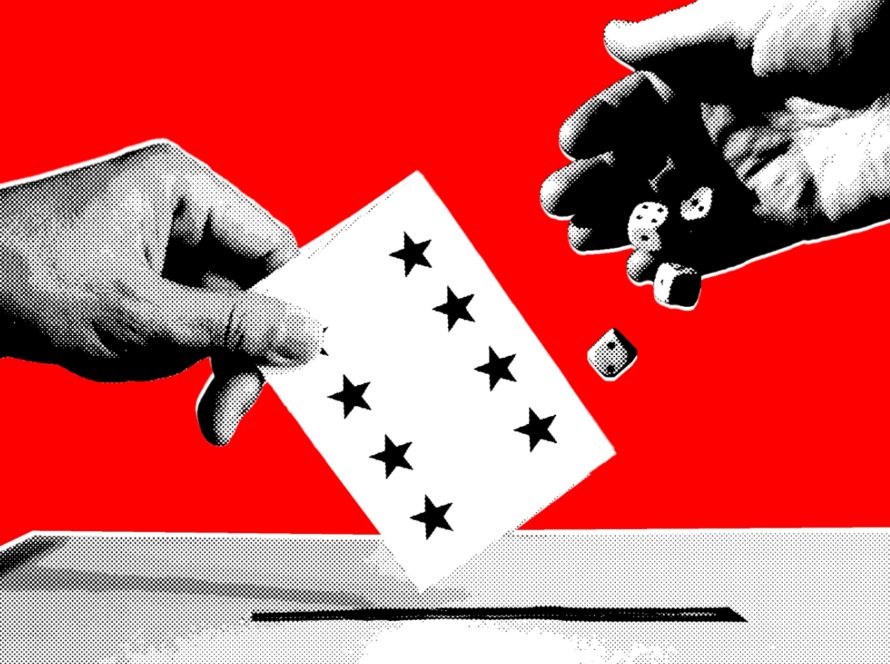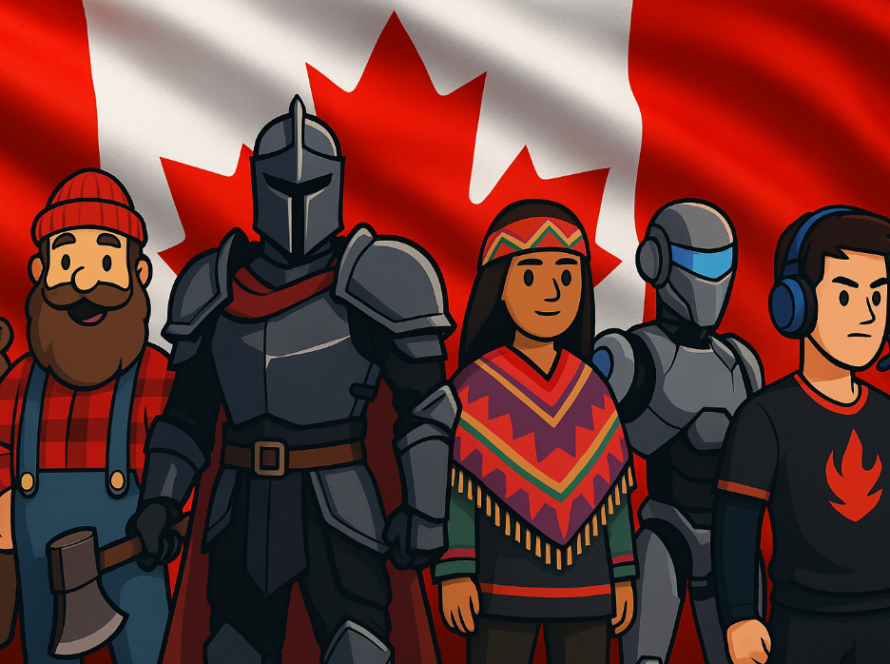The evolution of iGaming is moving away from luck and toward something more interactive, competitive and human.
A Shift That Has Been Coming for a While
For a long time, iGaming has been about chance. The excitement of the spin, the surprise of the outcome, the lights and sounds that keep players on the edge of their seat. That energy built an entire industry.
But if you look closer, player behavior is changing. People want to be part of the experience, not just watch it unfold (IE Predictive Markets). They want to use their instincts, their reflexes, their timing and their SKILLZ. They want to play in a way that feels earned.
That is where skill-based PvP comes in. It is not about randomness anymore. It is about interaction, mastery, and the moment-to-moment decisions that make great games so addictive.
Why Skill Feels Different
As a designer, skill-based play has always been where things get exciting. It creates a real connection between player and game. Skill brings fairness, feedback, and flow. It gives people a reason to get better, not just hope for a lucky spin.
In chance-based games, you wait to see what happens. In skill-based ones, you make things happen. That shift changes everything about how players engage. It builds retention, pride, and replay value in a way that randomness never could.
When players feel their effort matters, they care more. They stay longer. They talk about it. That is why skill-based games are such a natural next step for this industry.
What Skill Unlocks for Player
Skill taps into something deeper than entertainment. It is the drive to compete, improve, and express mastery. It is what makes someone want to play one more match even after losing.
Chance games give you a burst of dopamine. Skill games give you a sense of progress. That is what keeps people coming back: the feeling that you are getting sharper, that your decisions are improving, that the next round might be the one where it all clicks.
When a player wins through skill, they feel ownership. When they lose, they feel potential. Both feelings pull them right back in. That is real engagement.
Why Operators Should Care
For operators, skill-based formats are not just another feature. They change the entire engagement model.
Players who feel in control of their outcomes stay longer and play more often. They are less transactional and more invested. They also bring others in because competition creates natural social loops like leaderboards, bragging rights, and shared moments.
Skill games also open new ways to monetize responsibly. Buy-ins, tournaments, and seasonal events turn what used to be a static session into a living, breathing competition. Players are not just spending for entertainment. They are buying into a shared experience.
This is where the future of engagement lives.
Where Luck and Skill Meet
The most interesting space is not one or the other. It is the middle ground.
When chance and skill come together, you get unpredictability with purpose. The excitement of variance meets the satisfaction of mastery. That balance is powerful, and it is what most modern players crave.
Think about poker or prediction games. There is luck involved, but the better player still wins over time. That mix of risk, timing, and decision-making is timeless. It is what turns a game into an experience.
Our Journey and What Comes Next
At Lucky Lady Games, that balance has always been part of our DNA. We started by exploring what fair, skill-based competition could look like and how it could connect to modern player behavior.
That thinking led to the creation of Skill Wars, our internal PvP framework that brings competitive, skill-driven play into focus. We now have more than fifteen different PvP tournament games built on top of it, and it has been refreshing to return to our roots as game designers at heart. Creating these experiences reminds us why we started making games in the first place: to design systems that challenge, reward, and surprise players in meaningful ways.
It is not about chance anymore. It is about choice.
Looking Ahead
The future of iGaming belongs to experiences that make players think, react, and compete. Skill-based PvP is not a feature or a trend. It is a shift in how games are designed and how players engage with them.
For operators, it means a more loyal, active audience.
For designers, it is a chance to return to creativity and craft.
For players, it is proof that effort still matters.


